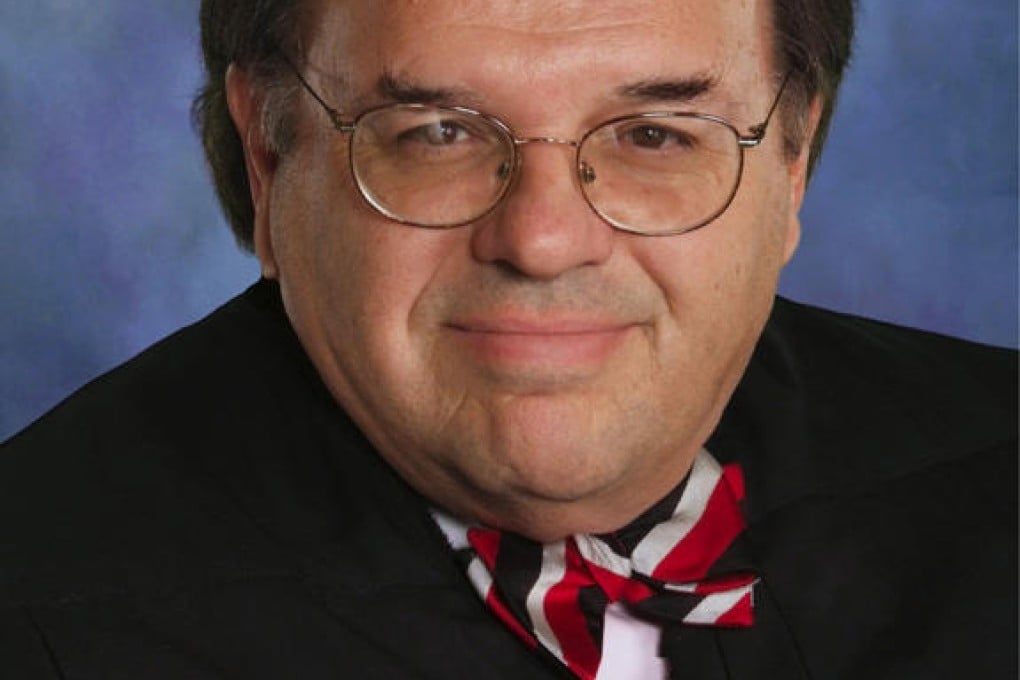Legal arguments start after US judge rules NSA data grab unconstitutional
Court appeals expected after a US judge ruled unconstitutional the NSA's use of 1979 judgment on a bag snatcher to justify mass data grab

Michael Lee Smith just couldn't let it go. After snatching Patricia McDonough's bag near her Baltimore home, he started calling her with threats. In one call, McDonough was asked to stand on her porch, where she spotted a car that she believed was used by her robber. Police also saw the car in the neighbourhood, and ran its licence plate number to eventually find Smith.
But that still wasn't enough to link Smith to the crime, so police in the city on America's eastern seaboard asked the Chesapeake and Potomac Telephone Company to record numbers dialled from his home. A week after the robbery, someone from Smith's house called McDonough, giving police enough probable cause to obtain a warrant to search his home. During the search, police found a phone book that was earmarked on the page that listed McDonough's name and number. Smith was arrested, and McDonough picked him out in a line-up.

The Supreme Court eventually heard the case of Michael Lee Smith, ruling that the government was allowed to collect his phone records to tie him to the purse-snatching. And since the September 11, 2001 terror attacks, the National Security Agency (NSA) has used that case to justify the collection of "metadata" - the duration of calls and the phone numbers used to make and receive them - of hundreds of millions of people worldwide.
But a federal judge and even the prosecutor who pressed for Smith's conviction say the government has gone too far. Now, it may well take a new Supreme Court ruling to settle whether the Baltimore case more than three decades ago can apply to global government surveillance.
"To say that a small-time robbery on the street is a precedent for what was then unforeseen and massive electronic surveillance is simply a stretch, to put it mildly," says former Maryland attorney general Stephen Sachs, who defended the government's use of phone records to arrest and convict Smith during an argument in front of the Supreme Court. The court sided with him in a 5-3 ruling in 1979.